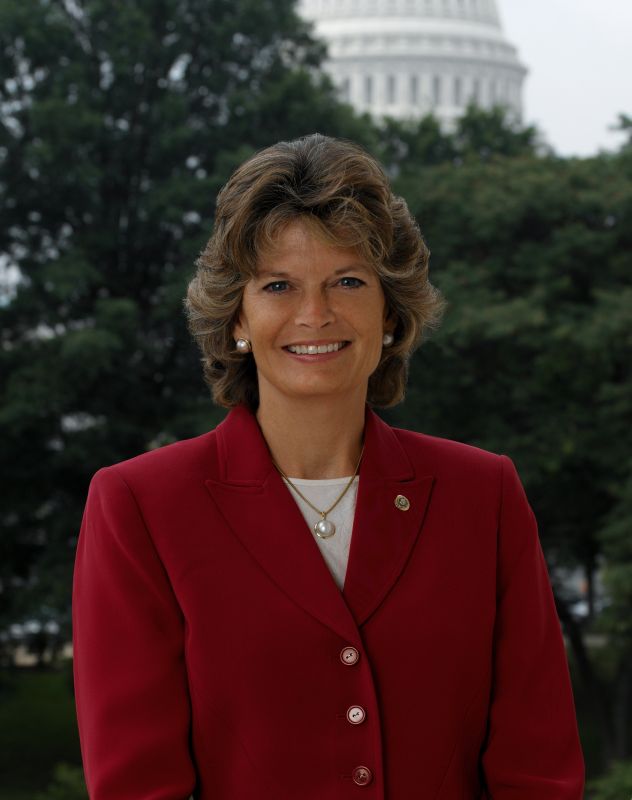The League of Conservation Voters on Thursday launched a $350,000 ad blitz for the Massachusetts special election that accuses Republican candidate Scott Brown of supporting “Bush-Cheney policies” on energy. The League is backing Democrat Martha Coakley in the race on Tuesday, as are the Sierra Club and Environment Massachusetts.
The group says the six-figure sum—to be deployed over just six days—is the most it has ever spent on an ad campaign of such a short duration. This shows just how concerned progressive groups have become that Brown could win the election and put the Democrats’ entire legislative agenda in peril. The SEIU, for instance, has spent $665,000 on ads in the state. Health care is, of course, the issue where the loss of one vote could immediately cripple reform. But an anticipated vote on climate change legislation later this year is also expected to come down to a very tight margin.
“Just being down one more vote on a clean energy and climate bill is just going to make it so much more difficult to get to the 60 we’re going need,” Tony Massaro, the League’s senior vice president for political affairs and public education, told Mother Jones while en route to the airport to fly to Massachusetts for the election. “We have no margin to spare.”
Of course, the other side is spending big too. The Chamber of Commerce, a notable foe of both health care and climate legislation, has spent $500,000 on ads in support of the Republican.
Green groups weren’t necessarily following the race in Massachusetts very closely. As Environment Massachusetts energy and global warming advocate Ben Wright told Mother Jones, up until recently, it looked like Coakley was going to coast to victory. “The conventional wisdom five weeks ago was she was going to run away with it,” he said. “We were all caught flat-footed.” That, and up until recently environmentalists in the state didn’t think Brown was all that bad. As a state senator two years ago he voted in favor Massachusetts reducing its emissions and joining the Regional Greenhouse Gas Initiative.
But in the past few weeks, Brown took a right turn on the topic – coming out swinging against cap-and-trade legislation and even questioning whether human activity is causing the planet to warm. “He voted for the strongest bill in the country when he was a state senator,” said Wright. “Six weeks ago … he believed in global warming. His about face definitely was not anticipated.”
Enviros see Coakley as a definite “yes” vote on a climate bill, and she has been endorsed by LCV, Sierra Club, and Environment Massachusetts. As attorney general, Coakley petitioned the Environmental Protection Agency to declare that greenhouse gases are a threat to public health and welfare. It was that landmark case, Massachusetts v. EPA, that last month promoted the agency to begin the process of regulating the planet-warming gases. That agency action is currently under attack in the Senate, meaning another vote for cutting carbon emissions will be even more important in the coming weeks.















